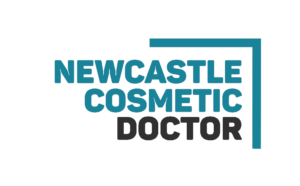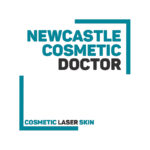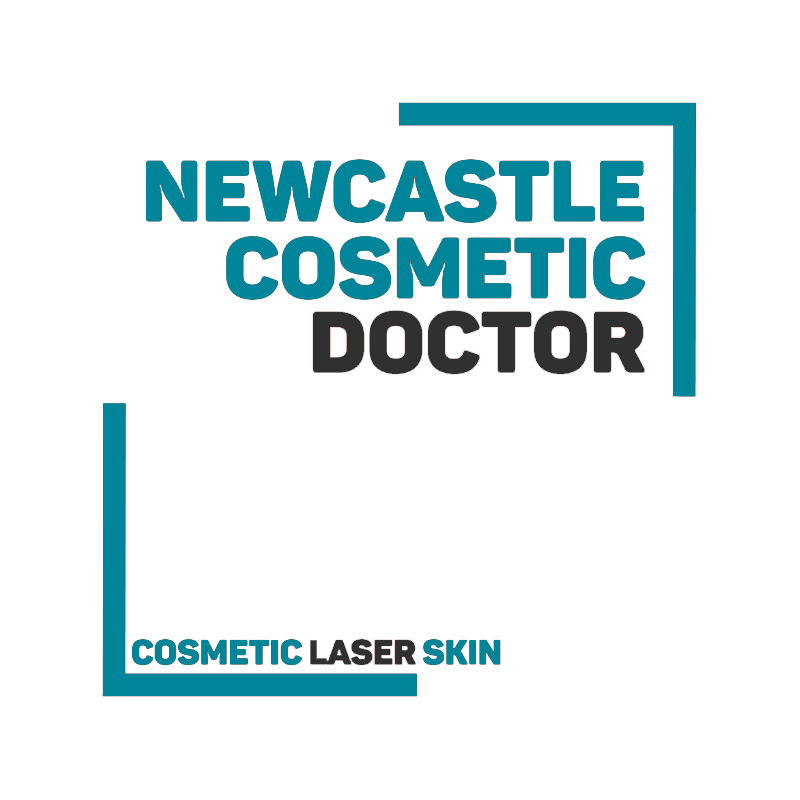This Clinical Governance & Quality Assurance Policy describes how Newcastle Cosmetic Doctor (NCD) organises leadership, risk management, audit, and continuous improvement to deliver safe, patient-centred cosmetic care (injectables and laser). It aligns with NSW Health’s clinical governance framework, the NSQHS Standards, the Australian Charter of Healthcare Rights, and professional, legal and regulatory expectations for cosmetic practice in Australia. 1 2 3 4 5
1. Governance Structure & Accountability
NCD appoints a Medical Director as clinical lead and a Governance Manager for day-to-day quality systems. They are responsible for implementing this policy, monitoring safety, and reporting to ownership. Clinical governance functions are mapped to NSQHS domains (Clinical Governance Standard; Partnering with Consumers; Comprehensive Care; Medication Safety; Communicating for Safety; Preventing & Controlling Infections; Recognising & Responding to Acute Deterioration). 2
2. Risk Management & Regulatory Compliance
NCD maintains a risk register covering injectables, laser safety, consent, medicines, privacy, workplace hazards, and advertising. Risks are assessed and controlled using Safe Work Australia’s hierarchy of control. We comply with NSW WHS legislation, Ahpra/Medical Board cosmetic practice standards, and NSW Health policy directives. 6 7 4 5 1
3. Incident, Complaint & Adverse Event Management
All incidents, near misses, and complaints are logged and investigated. Serious incidents are escalated to external bodies where required (e.g., Ahpra/Medical Board for practitioner concerns, HCCC NSW for unresolved service complaints, and TGA for therapeutic goods adverse events). Outcomes inform corrective actions and education. 8 4 5 9
4. Clinical Audit Program
Planned audits are conducted at least quarterly: consent completeness (including cooling-off), documentation quality, emergency kit readiness (VO/anaphylaxis/AED), infection control (hand hygiene, sterilisation logs), laser room safety (PPE, eyewear, signage), and advertising & pricing compliance. Findings are trended and actions tracked to closure. 2 10 11 12
5. Policies, Procedures & Version Control
NCD maintains controlled documents for key risks: Consent & Patient Information; Infection Prevention & Control; Emergency Protocols (BLS/CPR, anaphylaxis, vascular occlusion, infection); Advertising & Communications; Privacy & Data Protection; Scope & Credentials; Complaints & Feedback; WHS. Each policy lists responsible owner, review cycle, links to standards, and training requirements. 1 2 4 5
6. Credentialing, Supervision & Continuing Professional Development (CPD)
All practitioners hold current Ahpra registration and are credentialed for the procedures they perform. CPD is mandatory and includes complication management (VO, anaphylaxis), laser safety, infection control, and BLS/CPR. Supervision arrangements are documented for new staff. 4 5 12
7. Patient Information, Consent & Partnering with Consumers
NCD provides plain-English information sheets, transparent pricing, and documented informed consent with cooling-off as required. Patient feedback is encouraged and used for service improvement, aligned with the Charter of Healthcare Rights and NSQHS Partnering with Consumers Standard. 3 2 4 5
8. Medicines, Devices & Infection Prevention
Prescription-only medicines and medical devices are handled under TGA and NSW Health policies; sterilisation, asepsis and hand hygiene follow NHMRC and NSW directives. Adverse events are reported to the TGA. 6 13 14
9. Privacy, Records & Information Governance
Medical records, photographs and consent forms are stored securely and retained per NSW policy. Patients have APP rights to access and correction. Privacy impacts are considered when adopting new technologies. 13 1
10. WHS, Emergency Preparedness & Business Continuity
We maintain WHS risk controls, emergency kits (VO/anaphylaxis/AED), evacuation plans, and conduct drills. CPR training follows ARC guidance. Laser rooms comply with signage and PPE requirements. 10 11 12
11. Advertising, Pricing & Consumer Law
Advertising complies with Ahpra and TGA rules; pricing and promotional materials comply with ACCC guidance (no misleading claims, transparent total price). 4 2 14
12. Monitoring, Reporting & Continuous Improvement
Governance KPIs (audit completion, incident close-out, training compliance, patient feedback) are reviewed quarterly. Trends and root causes drive updates to policies, training and resources. Material changes are communicated to staff and incorporated into induction. 1 2
Sources
- NSW Health, Clinical Governance and Patient Safety (Policy Framework), viewed 7 October 2025, https://www1.health.nsw.gov.au/pds/ActivePDSDocuments/PD2017_043.pdf ↩︎
- Australian Commission on Safety and Quality in Health Care (ACSQHC), National Safety and Quality Health Service (NSQHS) Standards, viewed 7 October 2025, https://www.safetyandquality.gov.au/standards ↩︎
- ACSQHC, Australian Charter of Healthcare Rights, viewed 7 October 2025, https://www.safetyandquality.gov.au/our-work/partnering-consumers/australian-charter-healthcare-rights ↩︎
- Ahpra (2025), Guidelines for non-surgical cosmetic procedures, viewed 7 October 2025, https://www.ahpra.gov.au/News/2025-01-31-Guidelines.aspx ↩︎
- Medical Board of Australia, Cosmetic medical and surgical procedures guidelines, viewed 7 October 2025, https://www.medicalboard.gov.au/Codes-Guidelines-Policies/Cosmetic-medical-and-surgical-procedures-guidelines.aspx ↩︎
- Therapeutic Goods Administration (TGA), Reporting adverse events (medicines & medical devices), viewed 7 October 2025, https://www.tga.gov.au/reporting-adverse-events ↩︎
- NSW Health Care Complaints Commission (HCCC), Complaints and oversight of health services, viewed 7 October 2025, https://www.hccc.nsw.gov.au/ ↩︎
- Office of the Australian Information Commissioner (OAIC), Australian Privacy Principles, viewed 7 October 2025, https://www.oaic.gov.au/privacy/australian-privacy-principles ↩︎
- Australian Competition & Consumer Commission (ACCC), Consumer guarantees & fair trading (services), viewed 7 October 2025, https://www.accc.gov.au/consumers/consumer-rights-guarantees/consumer-guarantees ↩︎
- SafeWork NSW, Work Health and Safety Act & Regulation (NSW), viewed 7 October 2025, https://www.safework.nsw.gov.au/law-and-policy/work-health-and-safety-legislation ↩︎
- Safe Work Australia, Model Codes of Practice & risk management, viewed 7 October 2025, https://www.safeworkaustralia.gov.au/codes-and-guides ↩︎
- Australian Resuscitation Council (ARC), Guidelines (BLS/CPR), viewed 7 October 2025, https://resus.org.au/guidelines/ ↩︎
- National Health and Medical Research Council (NHMRC), Australian Guidelines for the Prevention and Control of Infection in Healthcare (2019), viewed 7 October 2025, https://www.nhmrc.gov.au/about-us/publications/australian-guidelines-prevention-and-control-infection-healthcare-2019 ↩︎
- NSW Health, PD2020_026 Infection Prevention & Control Policy, viewed 7 October 2025, https://www1.health.nsw.gov.au/pds/ActivePDSDocuments/PD2020_026.pdf ↩︎


